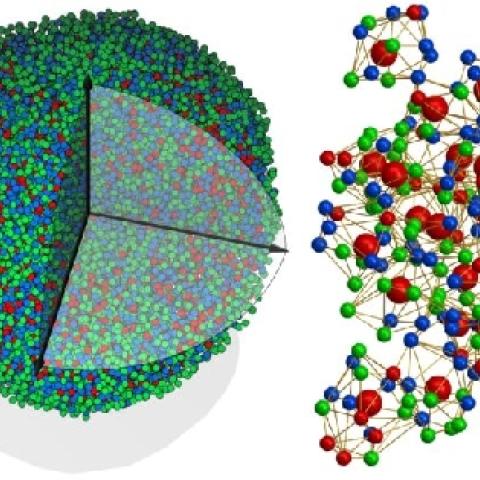Seminar | December 2 | 2-3 p.m. | 180 Tan Hall
Dr. Peter Ercius, LBNL, Molecular Foundry
Berkeley Nanosciences and Nanoengineering Institute
The promise of incorporating "big data" into the advancement of science is that it will accelerate our ability to discover new materials and phenomena; however, significant hurdles to this exciting future still exist. Electron microscopy (EM) is known for its ability to study materials at the sub-nanometer scale down to the single atom level. Recent advances in detectors and lens optics also greatly improved the capability to measure multiple signals (real-space, reciprocal-space, and spectroscopy) simultaneously. Its capabilities for high resolution limit single EM experiments to measuring relatively small amounts of material making it difficult to link results with other ensemble measurements.
This talk will discuss work on implementing automated experimental data acquisition and high performance computing into EM workflows. Automation enables the ability to measure materials properties from thousands of individual particles or grains spread over large fields of view with nearly identical microscope parameters and without human intervention. This can generate large data sets requiring sophisticated data analysis pipelines to provide statistically relevant results.
We have found that the greatest improvements in productivity are gained when rapid feedback is provided during or immediately after an experiment. As such, this talk will also discuss large scale data analysis techniques based on traditional statistical methods and machine learning.
***********
Peter Ercius did his PhD at Cornell and postdoc at NCEM before joining the permanent staff of the Molecular Foundry.
victorr@eecs.berkeley.edu, 510-643-6681
Avi Rosenzweig, victorr@eecs.berkeley.edu, 510-643-6681

